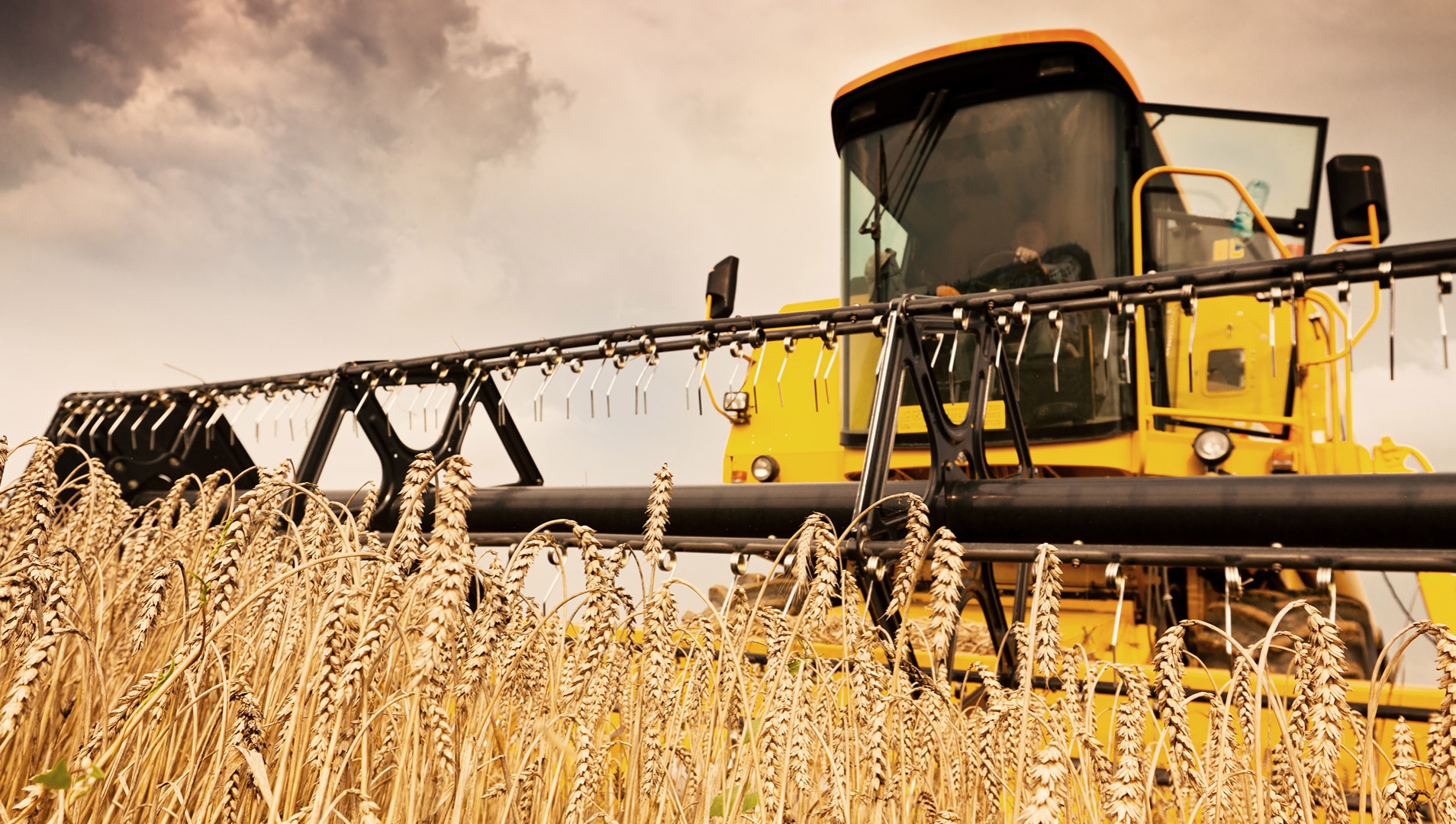Agriculture Equipment Operator
Overview
The Agriculture Equipment Operator program provides students with critical skills for operating and maintaining a wide range of agricultural equipment, including tractors and specialized machinery. Participants gain expertise in safety protocols, troubleshooting, standard operations, and basic repairs of common agricultural equipment.
This program is designed to meet the labour gap of entry-level Ag workers here in the Westman area providing students who may not have a farm-family background the training they need to be work-ready.
The program emphasizes hands-on training to prepare students for careers in the agricultural industry, whether on family farms, large-scale operations, or in equipment sales and service. This comprehensive training lays a solid foundation for a fulfilling and impactful career in agriculture.
Program Learning Outcomes
- Demonstrate a foundational understanding of various agricultural equipment, emphasizing safety principles and the ability to recognize potential hazards.
- Apply acquired knowledge to operate a variety of agricultural equipment, such as tractors and specialized machinery, demonstrating entry-level proficiency.
- Implement standard operating procedures for equipment usage, calibration, and basic maintenance practices.
- Apply basic problem solving and troubleshooting techniques to minimize downtime and ensure smooth operations.
- Exhibit entry-level skills in conducting routine maintenance tasks and basic welding related to agricultural equipment.
- Integrate acquired knowledge and skills in a supervised work setting, showcasing entry-level career readiness.
- Complete entry-level training to work alone safely, understanding basic associated risks and mitigation measures.
- Obtain entry-level certification in handling hazardous materials safely.
- Attain entry-level certification in emergency first aid, demonstrating basic readiness to respond to health-related incidents.
- Attain confined space training, demonstrating safety protocols and practices to work in confined spaces.
Admissions
Admission Requirements
- Math 20S and English 20S or equivalent
- Class 5 Driver's License
If you received your education outside of Manitoba, please review the equivalent admission requirements: Interprovincial or International.
English is the language of instruction at Assiniboine. All applicants educated outside of Canada or in a country not on the test exempt list are expected to meet the English language proficiency requirements.
NEXT STEP
To view and register for courses offered this term, check out the Continuing Studies Program and Course Guide.
DON'T MEET ADMISSION REQUIREMENTS?
If you don’t meet admission requirements, visit our Centre for Adult Learning to upgrade courses or view assessment of special circumstances.
Careers & Connections
Career Opportunities
- Agriculture Equipment Operator
- Farm Equipment Operator
- Tractor Operator
- Machinery Operator
- Field Equipment Operator
- Farm Hand
- Grain Handling Equipment Operator
Tools & Supplies
ASSINIBOINE BOOKSTORE
Textbooks, supplies and uniforms may be purchased at the Assiniboine Bookstore at the Victoria Avenue East Campus. Booklists are available from your school office 30 days prior to the start date of your program.
Technology Requirements
All of our programs require the use of a computer with internet access. Some resources may be available on campus. For more details, visit our At-Home Computing page.
Courses & Costs
Costs
Tuition, fees, and Students’ Association fees total approximately $3,196 for the full program. All fees are estimated and subject to change without notice.
Courses
To receive an Agriculture Equipment Operator certificate of achievement, students must successfully complete 20 academic credits.
Safe Work Practices (AGRC-0314) | 3 Credits
This course is designed to equip students with essential safety skills and certifications necessary for operating agricultural equipment. The curriculum covers critical safety topics, including safe work practices, working alone protocols, confined space entry, emergency first aid, Workplace Hazardous Materials Information System (WHMIS), and comprehensive equipment safety procedures.
Students gain hands-on experience and theoretical knowledge to ensure a safe working environment in the agricultural sector. Upon completion, students will earn certifications in Working Alone, Confined Spaces, Emergency First Aid, and WHMIS, preparing them to handle various safety challenges effectively and responsibly.
Agricultural Equipment (AGRC-0320) | 9 Credits
This introductory course is designed to equip students with the entry-level proficiency needed to operate a variety of agricultural equipment, such as tractors and specialized machinery for both grain and livestock production.
Students will learn to implement standard operating procedures for equipment usage, safety, and calibration, ensuring optimal performance. Emphasis will be placed on applying basic problem-solving and troubleshooting techniques to minimize downtime and ensure smooth operations. Students gain hands-on experience, preparing them to apply their acquired knowledge in real-world agricultural settings preparing them for entry-level positions in the agricultural industry or further their education and training in this field.
Equipment Maintenance (AGRC-0310) | 6 Credits
This course is designed to provide students with an introductory level understanding of agricultural equipment maintenance, including basic welding techniques. Students learn to follow the maintenance schedules outlined in the operators’ manual so that equipment remains in optimal working condition.
Topics covered will include greasing machine areas, checking and replacing various oils, inspecting belts and chains for wear, and performing basic welding repairs. Emphasis will be placed on safety fundamentals, including the use of personal protective equipment (PPE) and troubleshooting techniques. By the end of the course, students are equipped with the skills necessary to perform routine maintenance and minor repairs on agricultural equipment.
Practicum-AGOPR (PRAC-0314) | 2 Credits
Prerequisites: Completing all of the other courses in this program.
The Agriculture Operator practicum allows students the opportunity to apply classroom knowledge, develop skills under supervision by industry professionals, integrate workplace values, build career contact networks, and gain relevant experience. The 80 hours of on-the- job experience is set to equip students with both the knowledge and experience they require to meet the needs for employment in the agriculture industry.
To see if courses for this program are being offered this term, visit the Continuing Studies Program & Course Guide.

